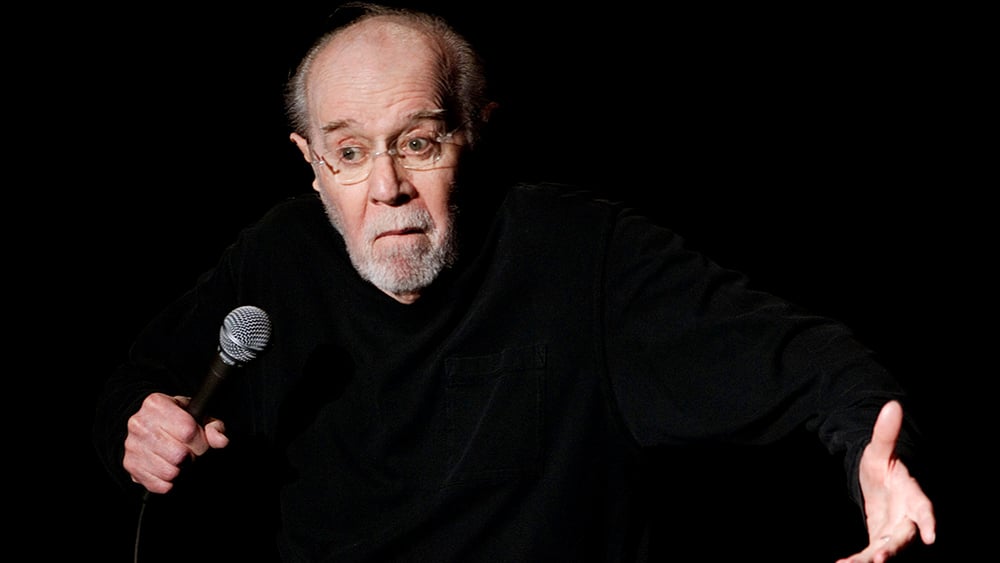George Carlin Estate Files Lawsuit Against Group Behind AI-Generated Stand-Up Special: ‘A Casual Theft of a Great American Artist’s Work’::George Carlin’s estate has filed a lawsuit against the creators behind an AI-generated comedy special featuring a recreation of the comedian’s voice.



That is transformative work. Remixes are tranaformative work. Impersonations are transformative work.
Using a source and shuffling it around, then repackaging it as “from the same source” is not transformative work. It’s copyright infringement.
I think it’d be entirely plausible to argue that, while transformative, current generative AI usage often falls short on the other fair use factors.
I don’t really see how it can be argued that the linked example - relatively minor edits to a photograph - are more transformative than generative AI models. What is your criteria here?
Take a Nike shoe. Draw a large dick on the shoe. Try selling it as a Nike Shoe.
Vs.
Take a Nike Shoe. Draw a large dick on the shoe. Sell it as a piece of art. (As commentary on capitalism, etc)
Do you feel that one is copyright infringement and the other is a piece of transformative work?
Neither example is copyright infringement. The first-sale doctrine allows secondary markets - you are fine by copyright to sell your bedicked shoes to someone.
You’re not just reselling, so the doctrine doesn’t apply.
By selling the bedicked shoe as Nike you are implying that Nike has made this “offensive” shoe and are selling it.
If you do lie to the buyer that it was a brand new Nike shoe, it’d be the concern of the sales contract between you and the buyer, and trademark law.
I’ll call it
“Brand new shoes by Nike”
And add a disclaimer
“This is not brand new shoes from Nike”.
Do you think it will protect me from Nike?